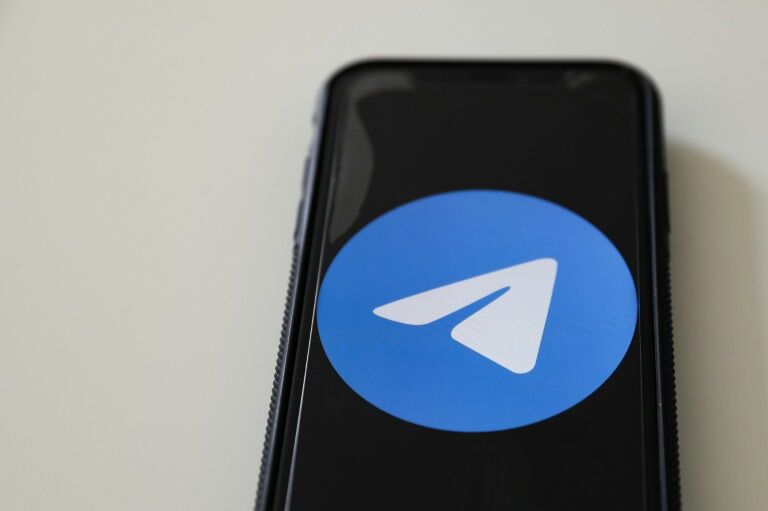Brazilian court suspends telegram over Neo-Nazi activity

A court in Brazil has demanded a nationwide suspension of the messaging app Telegram due to the company’s failure to provide the information requested by authorities on neo-Nazi groups using the platform. This development follows a series of violent school attacks, one of which may have connections to anti-Semitic activity within some of the app’s groups.
Justice Minister Flavio Dino announced that the court has fined Telegram one million reais (approximately US$198,000) per day for non-compliance with an ongoing investigation into neo-Nazi behaviour on social networks, leading to the temporary suspension of the platform’s operations. Dino highlighted groups such as the ‘Anti-Semitic Front’ and ‘Anti-Semitic Movement’ operating on these networks, suggesting that they are a contributing factor to the violence against children.
Recent events in Brazil include a brutal attack on school pupils where a man armed with a hatchet killed four children between the ages of four and seven. Other violent incidents in schools include a 13 year old boy stabbing a teacher in Sao Paulo last month and a 16 year old gunman killing four people and injuring over 10 others in twin assaults on two schools in Aracruz, Espirito Santo, in November. According to police sources cited by the G1 news site, the teenager had allegedly contacted anti-Semitic groups on Telegram. Far-right former-president Jair Bolsonaro made the messaging app his preferred channel for communication.
Documents from the federal justice authority in Espirito Santo stated that investigators had requested Telegram to release the personal data of members from two known anti-Semitic groups on the platform. However, the company solely provided information on one group’s administrator, indicating an unwillingness to cooperate with the investigation.
In response to this growing ‘epidemic’ of school attacks, the government of leftist President Luiz Inacio Lula da Silva has recently imposed restrictions on social media. Justice Minister Dino confirmed that sites would be required to ban content and users that promote or support attacks or violence against schools. Additionally, social media companies must also provide police with data on users sharing violent content, and prevent users banned from sharing such content from creating new profiles. The government is also collaborating on a separate law aimed at regulating social media activity.
In March 2022, the Supreme Court lifted its previous ban on Telegram, which was imposed due to the company’s refusal to take down messages containing disinformation during an election year. Former president Bolsonaro, who had seen various posts removed from Facebook, Twitter, and YouTube for breaking disinformation rules, invited his supporters to follow him on Telegram instead. The messaging app has been installed on approximately 53% of mobile phones in Brazil, and in 2022, it was the fastest-growing platform in the country, according to Brazilian authorities.
Latest Thailand News
Follow The Thaiger on Google News:


























